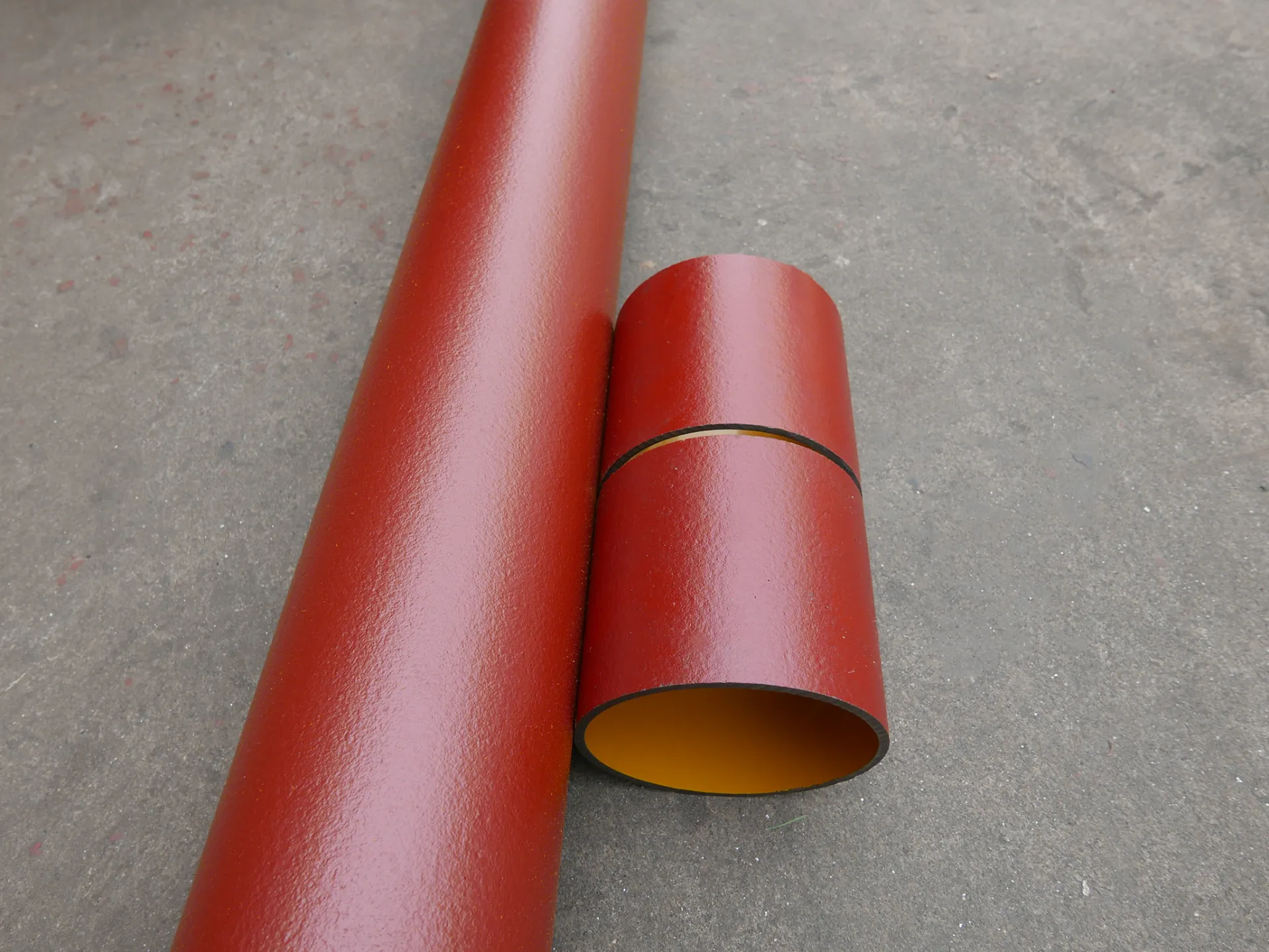- Afrikaans
- Albanian
- Amharic
- Arabic
- Armenian
- Azerbaijani
- Basque
- Belarusian
- Bengali
- Bosnian
- Bulgarian
- Catalan
- Cebuano
- China
- China (Taiwan)
- Corsican
- Croatian
- Czech
- Danish
- Dutch
- English
- Esperanto
- Estonian
- Finnish
- French
- Frisian
- Galician
- Georgian
- German
- Greek
- Gujarati
- Haitian Creole
- hausa
- hawaiian
- Hebrew
- Hindi
- Miao
- Hungarian
- Icelandic
- igbo
- Indonesian
- irish
- Italian
- Japanese
- Javanese
- Kannada
- kazakh
- Khmer
- Rwandese
- Korean
- Kurdish
- Kyrgyz
- Lao
- Latin
- Latvian
- Lithuanian
- Luxembourgish
- Macedonian
- Malgashi
- Malay
- Malayalam
- Maltese
- Maori
- Marathi
- Mongolian
- Myanmar
- Nepali
- Norwegian
- Norwegian
- Occitan
- Pashto
- Persian
- Polish
- Portuguese
- Punjabi
- Romanian
- Russian
- Samoan
- Scottish Gaelic
- Serbian
- Sesotho
- Shona
- Sindhi
- Sinhala
- Slovak
- Slovenian
- Somali
- Spanish
- Sundanese
- Swahili
- Swedish
- Tagalog
- Tajik
- Tamil
- Tatar
- Telugu
- Thai
- Turkish
- Turkmen
- Ukrainian
- Urdu
- Uighur
- Uzbek
- Vietnamese
- Welsh
- Bantu
- Yiddish
- Yoruba
- Zulu
Nov . 07, 2024 18:04 Back to list
How a Gas Boiler Operates and Its Key Components Explained
Understanding How Gas Boilers Work
Gas boilers are an essential part of many homes and businesses, providing a reliable source of heating and hot water. They are favored for their efficiency and effectiveness, using natural gas or propane as fuel to generate heat. In this article, we will explore how gas boilers work, their components, types, and advantages.
The Basics of Gas Boilers
At their core, gas boilers function by burning gas to create heat. This heat is then transferred to water, which circulates through pipes to radiators or underfloor heating systems, warming up living spaces. In addition to heating, gas boilers can also provide hot water for domestic use, such as bathing and dishwashing.
Key Components of a Gas Boiler
1. Burner The burner is where the gas is ignited, creating a flame that produces heat. Modern boilers often utilize modulating burners, which adjust the gas flow based on the heating demand, leading to improved efficiency.
2. Heat Exchanger The heat exchanger transfers heat from the burner to the water circulating inside the boiler. It is typically made of metal (often steel or copper), which conducts heat effectively.
3. Thermostat The thermostat is a vital control device that monitors the temperature of the water and the space being heated. When the temperature drops below the set point, the thermostat signals the burner to ignite and heat the water.
4. Circulation Pump This pump circulates the hot water from the boiler to the radiators and back again. It ensures a consistent flow, helping to maintain even heating throughout the home.
5. Flue The flue expels combustion gases produced during the burning of gas safely out of the building. It is essential for maintaining indoor air quality and preventing the buildup of harmful gas emissions.
Types of Gas Boilers
Gas boilers come in various types, each designed for specific applications and energy efficiencies
gas boiler works

1. Combi Boilers Short for combination boilers, these units provide both central heating and hot water without the need for an additional water tank. They are compact and ideal for smaller homes.
2. System Boilers These boilers are a good choice for larger households where multiple hot water outlets are used simultaneously. They require a cylinder to store hot water, but all components are built into the system, allowing for easier installation.
3. Regular Boilers Also known as traditional or open vent boilers, these systems require both a water tank and a cylinder. They are suitable for homes with existing heating systems and are favored for their ability to provide hot water during peak demand.
Advantages of Gas Boilers
Gas boilers offer several advantages
1. Efficiency Gas boilers are generally more efficient than their oil or electric counterparts. Many modern gas boilers achieve an efficiency rating of over 90%, meaning they convert most of the fuel they consume into usable heat.
2. Cost-Effective Natural gas is often cheaper than electricity and oil, making gas boilers a cost-effective choice for heating.
3. Reduced Emissions Gas boilers produce fewer carbon emissions compared to coal or oil boilers. Many newer models are designed with advanced technology to minimize their environmental impact.
4. Quick Heating Gas boilers can heat water much quicker than electric systems, providing homeowners with hot water on demand.
5. Space-Saving Designs Many modern gas boilers are compact and can be installed in small spaces, making them a suitable option for homes where space is limited.
Conclusion
Gas boilers play a crucial role in ensuring comfort and convenience in many homes. By understanding how they work and the benefits they offer, homeowners can make informed decisions about their heating systems. Regular maintenance, including servicing the boiler annually and checking the flue, can help prolong the life of the system and ensure it operates safely and efficiently. As energy efficiency becomes increasingly important in preserving our environment, gas boilers remain a popular choice for those looking for reliable and economical heating solutions.
-
Custom Room Heating Heat Exchangers Energy-Efficient Solutions
NewsMay.18,2025
-
Precision Milling Body Casting Solutions Custom & ODM Options
NewsMay.18,2025
-
Custom Cast Silicon Aluminum Heat Exchanger for Hot Water Boiler High Efficiency
NewsMay.18,2025
-
Premium Custom & ODM Vehicle Parts Bulk Order Deals
NewsMay.17,2025
-
Custom Commercial Hot Water Heat Exchangers High-Efficiency Solutions
NewsMay.17,2025
-
Custom Fibre Reinforced Concrete Pipe Bottom Ring Moulds – Buy Durable Solutions
NewsMay.17,2025


